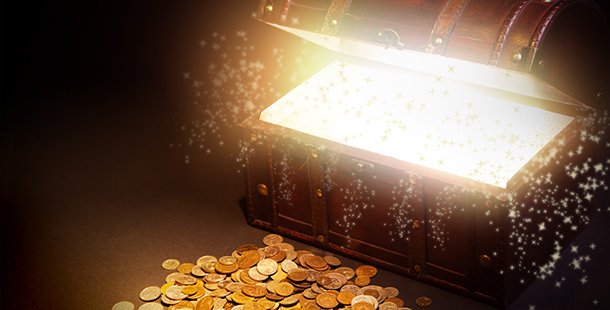




Show Us Your Love
Join Over 2 Million+ List25 Fans


Entertainment
25 Mind-Boggling Examples Of The Mandela Effect
Posted by Jason, Updated on April 24, 2024


Geography
25 Highest Mountains In The World That You Want to See
Posted by Raelyn Armien, Updated on April 24, 2024


Science
25 Extremely Strange And Bizarre College Courses
Posted by Adam Freilich, Updated on April 24, 2024


Food
16 Keto Diet Dangers You Need To Know About
Posted by Beatrice Silva, Updated on April 24, 2024


Entertainment
Top 25 Actors Who Never Won an Oscar or An Emmy!
Posted by Adam Freilich, Updated on April 24, 2024

People
25 Surprisingly Wise Quotes from Kids That’ll Inspire You
Posted by Beatrice Silva, Updated on April 24, 2024


